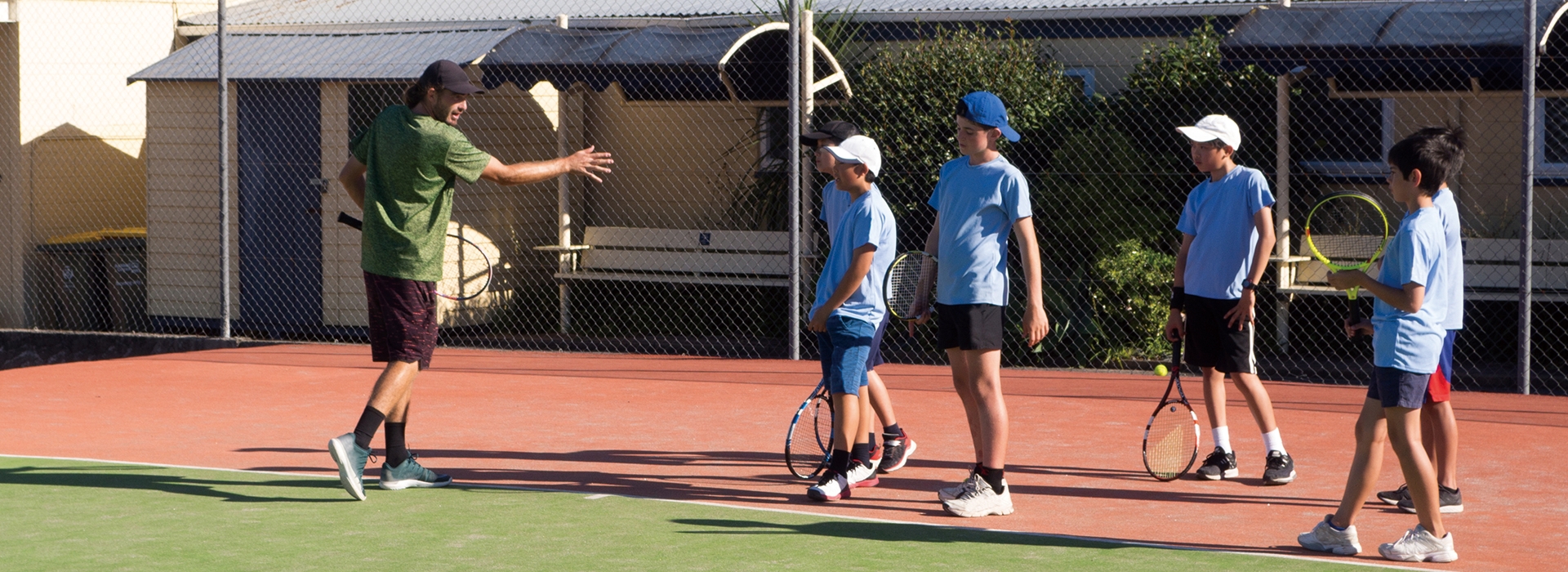
Department of Sport Life Management
This academic pursuit leads to the formation of positive interpersonal connections and bonds.
The Department of Sport Life Management’s academic program is designed for the students to first learn fundamental knowledge on management theories, sociology, philosophy, history, public health, and social welfare as it pertains to sports, and then move
onto studying outdoor education and recreation, para-sports, and local community development, obtaining a panoramic view of various types and aspects of people’s sport life in the process. The students then learn the skills for promoting and expanding
sporting activities and improving health among ordinary citizens as part of their lifelong learning.
Department information
| Curriculumduration: | Four years |
| Academicdegree: | Bachelor (Physical Education) |
| Class size: | 110 students |
| Graduation requirement: | 124 credits at least |
Career paths and qualifications
Typical career paths
Localsportsinstructors /Junior and senior high school teachers (health and physical education) / Social education officers / Public employees of various types / Sports organization staff of various types / Company employees, etc.
Licenses and qualifications that may be obtained
- Junior high school class-1 teacher license (health and physical education)
- Senior high school class-1 teacher license (health and physical education)
- Entry-level and intermediate-level para-sports instructors
- Social education officer (governmental appointment)
- Sports recreation instructor
- Certified assistant manager (eligibility for examination)
- Physical exercise facility manager (eligibility for examination)
- Physical exercise facility operator (eligibility for examination)
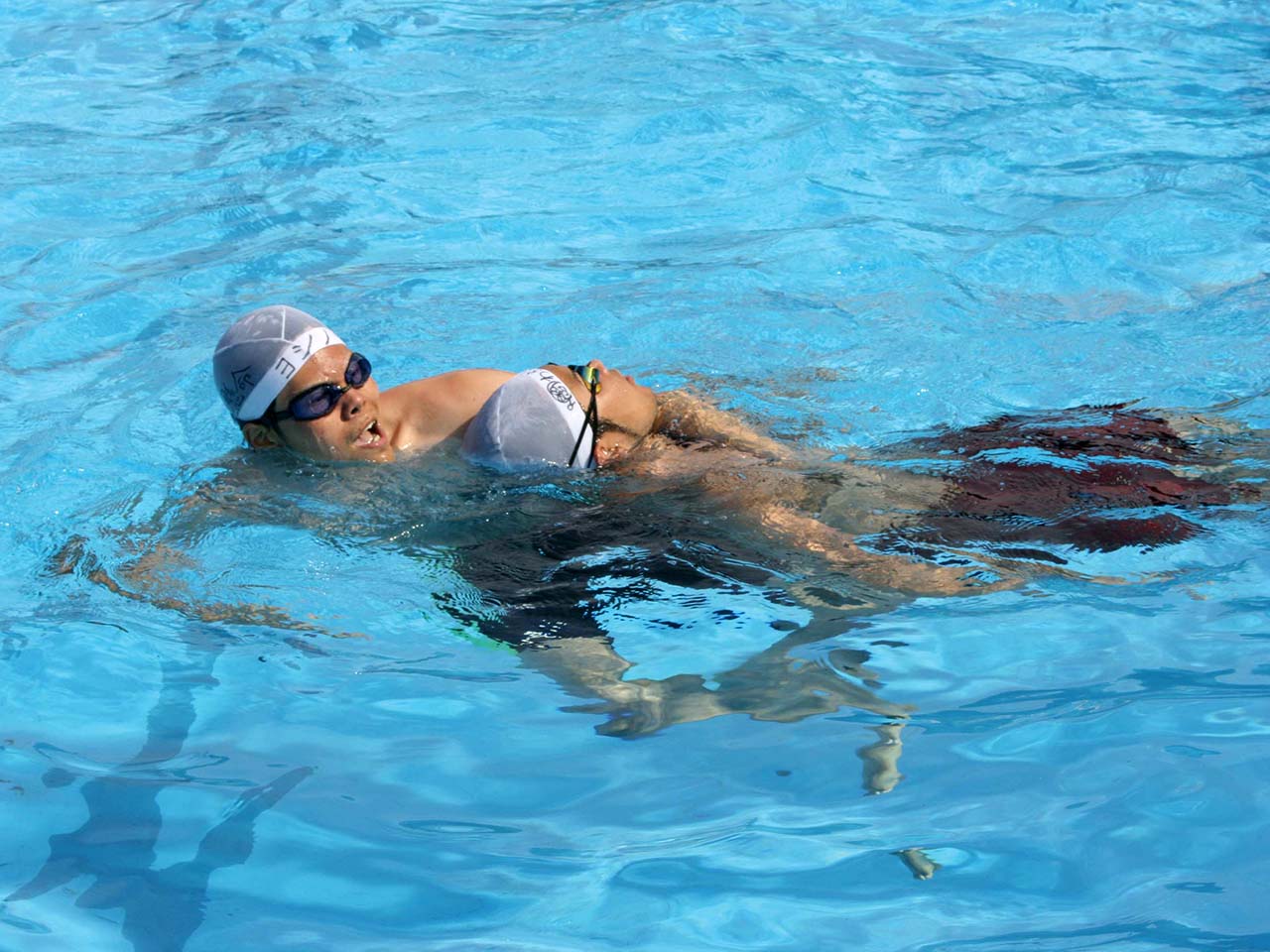
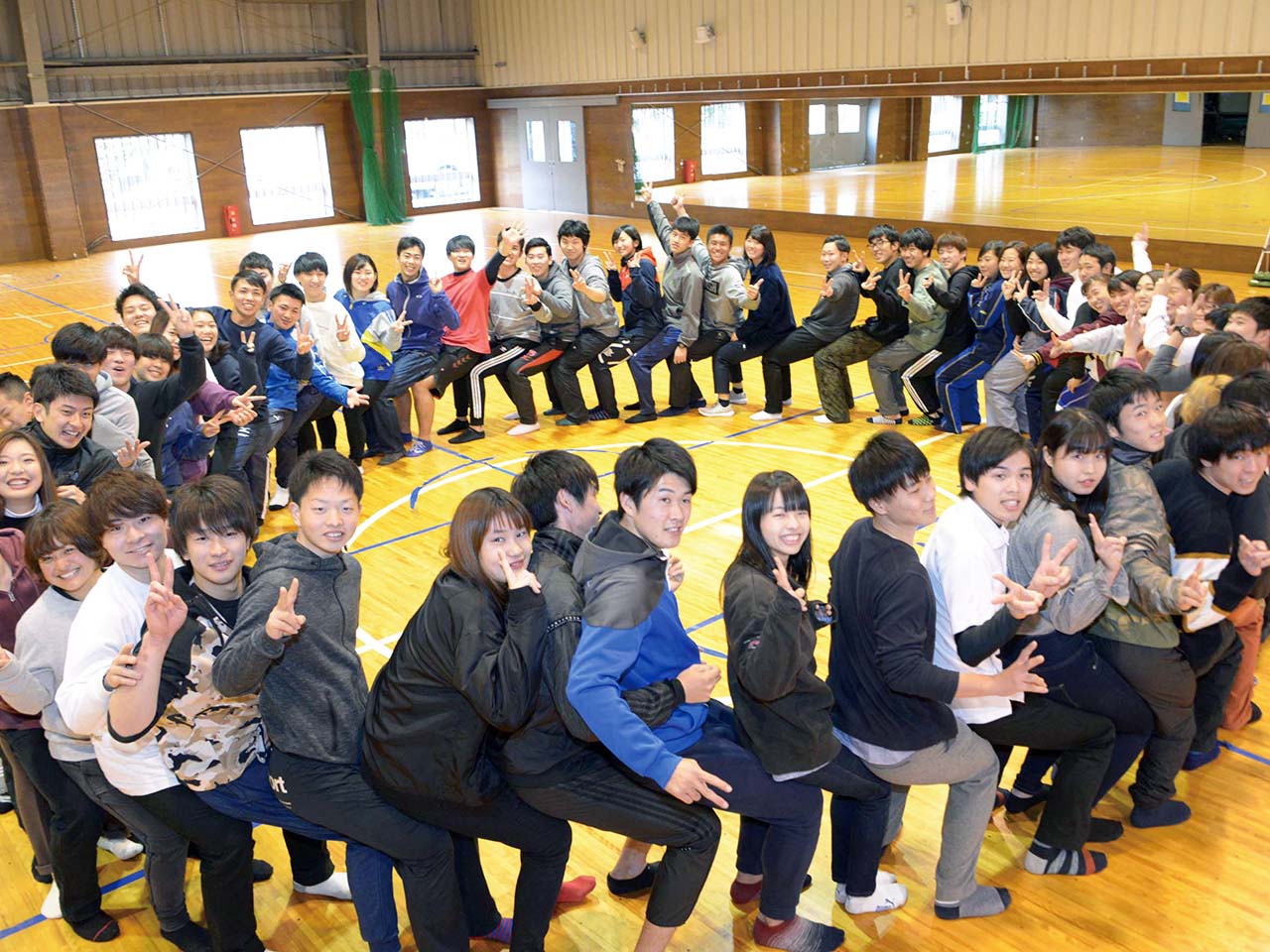
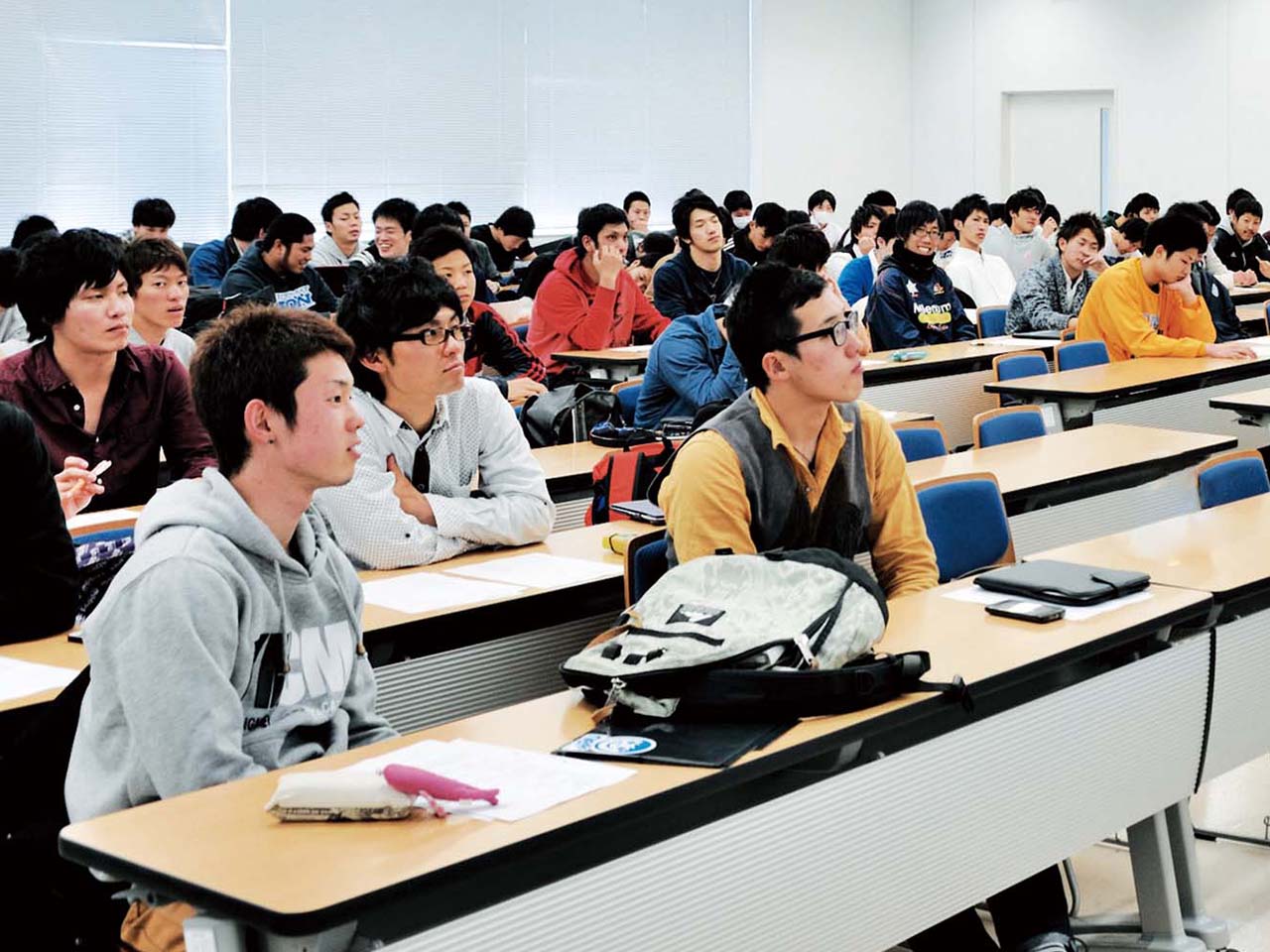
Key departmental features
Support health improvement in local communities.
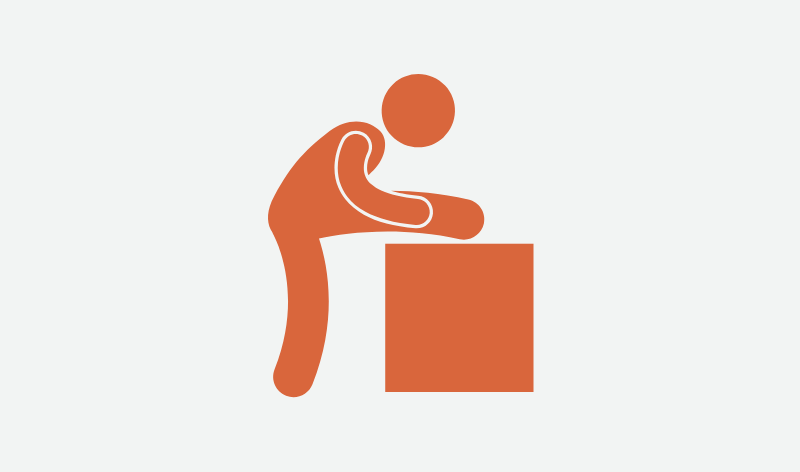 The Department of Sport Life Management’s curriculum is designed for the students to learn the essential knowledge and skills that enable them to teach people of all walks of life how to implement a lifestyle that is conducive to maintaining and enhancing
their mental and physical health across their lifespans, regardless of their age, gender, and disability or lack thereof. In addition, the curriculum teaches the students the ability to create sport exercise plans and to provide instructions in the real
world for able-bodied, disabled, and elderly individuals, optimized for the various stages of life they are in, while promoting the public programs and creation of environments that might help popularize health-enhancing sport activities.
The Department of Sport Life Management’s curriculum is designed for the students to learn the essential knowledge and skills that enable them to teach people of all walks of life how to implement a lifestyle that is conducive to maintaining and enhancing
their mental and physical health across their lifespans, regardless of their age, gender, and disability or lack thereof. In addition, the curriculum teaches the students the ability to create sport exercise plans and to provide instructions in the real
world for able-bodied, disabled, and elderly individuals, optimized for the various stages of life they are in, while promoting the public programs and creation of environments that might help popularize health-enhancing sport activities.
Facilitate community formation.
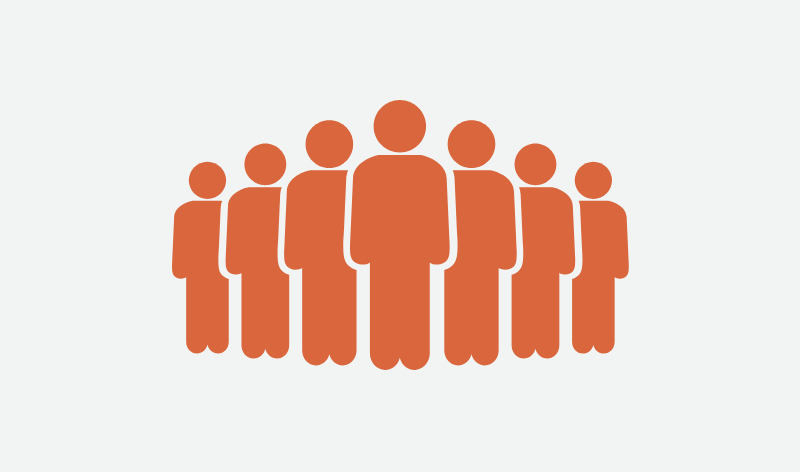 The curriculum also develops the students’ ability to maximize the public utility and the centripetal function of sports in local communities, and facilitates the formation of communal groups where local residents are able to develop mutually positive
relationships with one another, with sports at the center of it all. As Japan has entered into this cycle of population aging, such skills will be instrumental in providing people with the fulfilling second chapter of their lives through sports, while
making a positive impact on society in the process, by organizing and running comprehensive community sports clubs that are part of national government policy.
The curriculum also develops the students’ ability to maximize the public utility and the centripetal function of sports in local communities, and facilitates the formation of communal groups where local residents are able to develop mutually positive
relationships with one another, with sports at the center of it all. As Japan has entered into this cycle of population aging, such skills will be instrumental in providing people with the fulfilling second chapter of their lives through sports, while
making a positive impact on society in the process, by organizing and running comprehensive community sports clubs that are part of national government policy.
Lead health-enhancing sports activities.
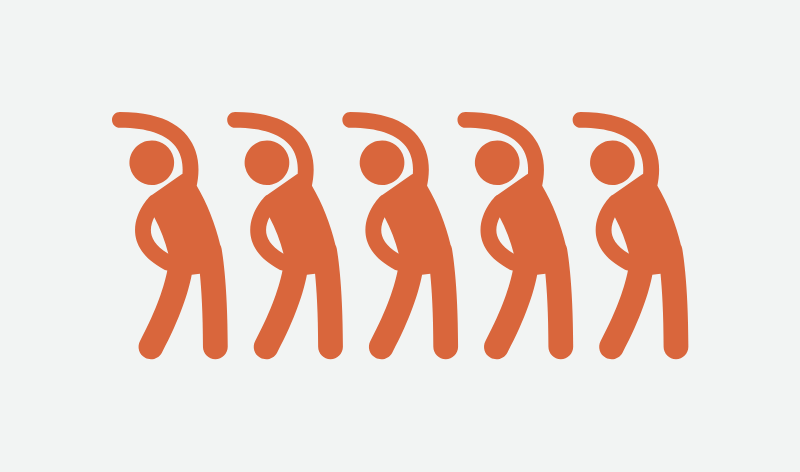 Another component of the curriculum is designed to enhance the students’ technical ability in various sports and exercises so that they can plan, operate, and lead by example exercising activities that are optimized for the participants at various stages
of their lives, integrating recreations and rhythmic exercises that are easy to engage in but have health-enhancing effects. The students can then take those learned skills into local communities, and play the role of leader in lifelong learning activities
there.
Another component of the curriculum is designed to enhance the students’ technical ability in various sports and exercises so that they can plan, operate, and lead by example exercising activities that are optimized for the participants at various stages
of their lives, integrating recreations and rhythmic exercises that are easy to engage in but have health-enhancing effects. The students can then take those learned skills into local communities, and play the role of leader in lifelong learning activities
there.
Department’s academic aim
Learn the essential knowledge and skills for QOL* enhancement and integration of sports into lifelong learning.
The Department of Sport Life Management’s academic program is designed for the students to first learn fundamental knowledge on management theories, sociology, philosophy, history, public health, and social welfare as it pertains to sports, and then move
onto studying outdoor education and recreation, para-sports, and local community development, obtaining a panoramic view of various types and aspects of people’s sport life in the process. The students then learn the skills for promoting and expanding
sporting activities and improving health among ordinary citizens as part of their lifelong learning.
*QOL: Quality of Life
Sample courses
Introducing ice sports as casual lifelong exercise activities
Key features of this practical course
Ice Skating Theory and Practice
Instructor: Toru Aoyanagi
Key features of this practical course
- The only course available in Japan, where the three different types of ice skating along curling are taught.
- It teaches the joy of ice sports and develops the ability to communicate information on the sports more broadly.
- The instructor is an Olympian that competed in the Winter Olympics four times.
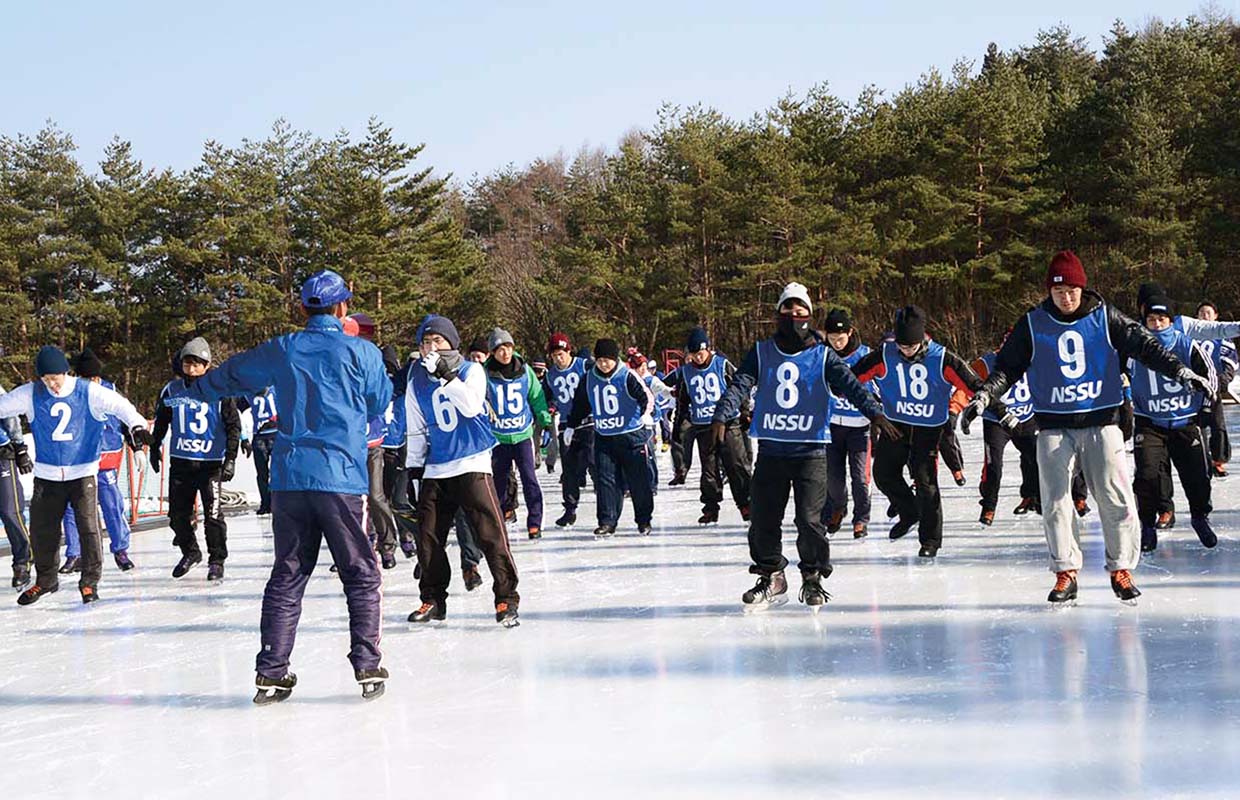
Sport Life Management Outline
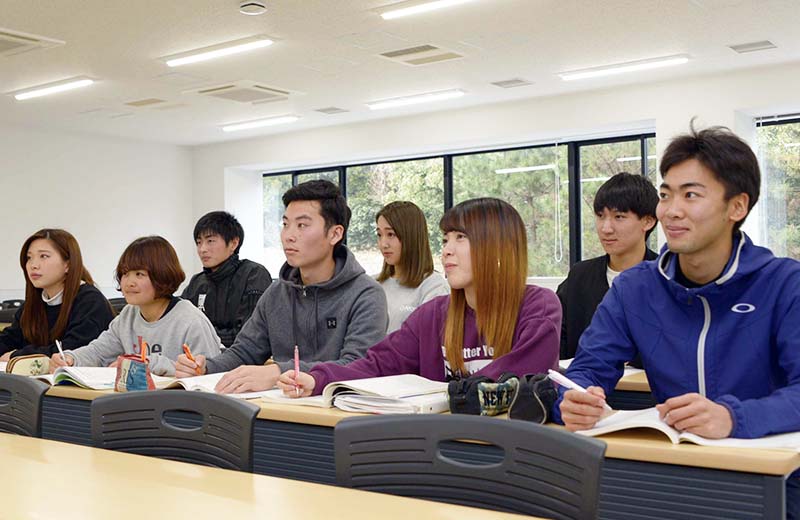 Learn about the various circumstances and challenges that must be addressed to create a society where lifelong sport is commonly practiced.
Learn about the various circumstances and challenges that must be addressed to create a society where lifelong sport is commonly practiced.
In this course, the students learn the significance and value of lifelong sport, which is the concept that anyonecanengage in sporting activities anytime, anywhere, whenever they want. It also allows the students to understand the circumstances that surround lifelong sport today and reflect on what they might be able to do as NSSU students toresolve those issues.
Recreation Outline
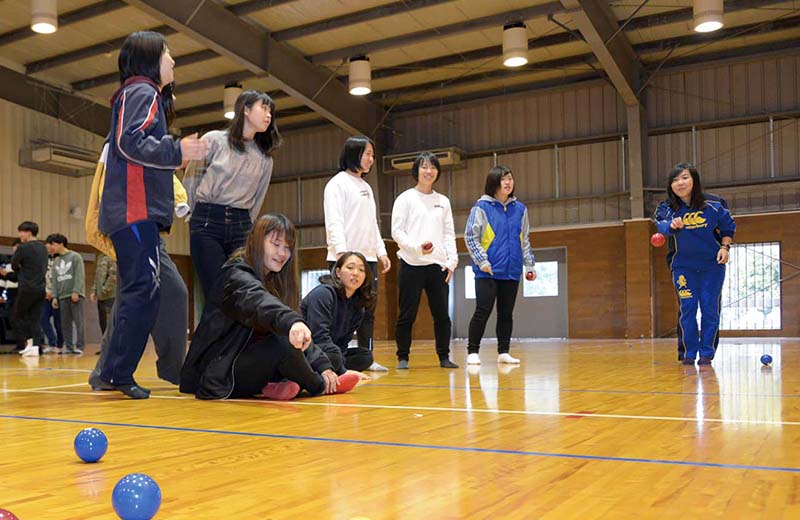 Learn the roles recreation plays in enhancing people’s QOL.
Learn the roles recreation plays in enhancing people’s QOL.
This is a foundation course being offered mainly to preparestudentsfor the sports recreation instructor certification examination. It is designed to teach optimal ways for people to spend their leisure (free time) to enhance their quality of life (QOL), the significance of recreation involving sporting activities, and the skills with which to provide recreational instructions to participants and provide proper support.
Leisure Management Theories
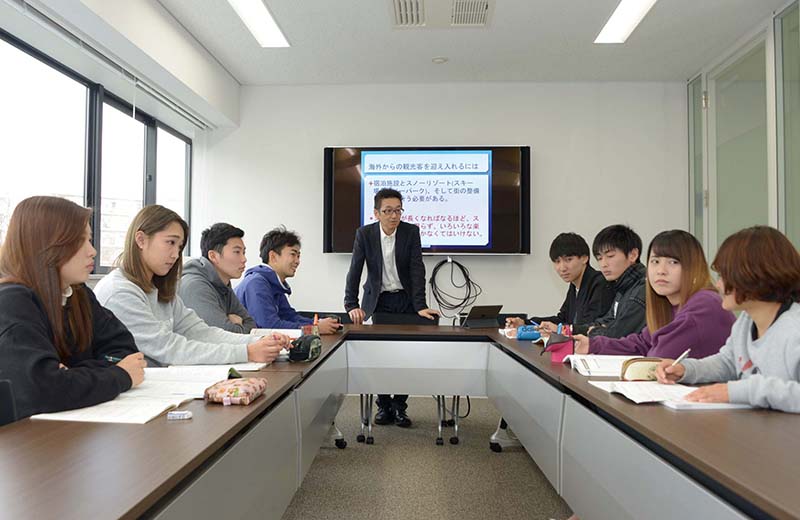 Utilize available leisure (free time) to improve the quality of life (QOL) and the level of spiritual fulfillment.
Utilize available leisure (free time) to improve the quality of life (QOL) and the level of spiritual fulfillment.
What are good ways to make use of leisure (free time) that presents itself in between one’s activities of daily living? Examples of active use of leisure include sports, hobbies, shopping, and other consumption activities, while passive ones include simply resting and relaxing, both of which are highly important in sport management. To highlight the significance of such points, the course teaches the basic knowledge on how different types of activities of leisure can lead to a fulfilling life, and how one can properly manage and operate its leisure.